

Table of Contents
- Introduction
- Core Game Mechanics
- Restaurant Management
- Diving System
- Locations & Exploration
- Equipment & Upgrades
- Recipes & Cooking
Introduction
Dave the Diver presents a unique gaming experience that masterfully blends restaurant management with underwater exploration. Set in the mysterious Blue Hole, players navigate between the depths of the ocean and the bustling atmosphere of a sushi restaurant. This comprehensive guide will walk you through every aspect of the game, from your first dive to mastering your culinary empire.
Success in Dave the Diver requires understanding the delicate balance between its two main gameplay loops: diving for ingredients and managing your restaurant. Each aspect feeds into the other – better diving equipment leads to better ingredients, which creates better dishes and more profits, ultimately funding better diving gear. This guide will help you master this cycle and uncover all the secrets the Blue Hole has to offer.
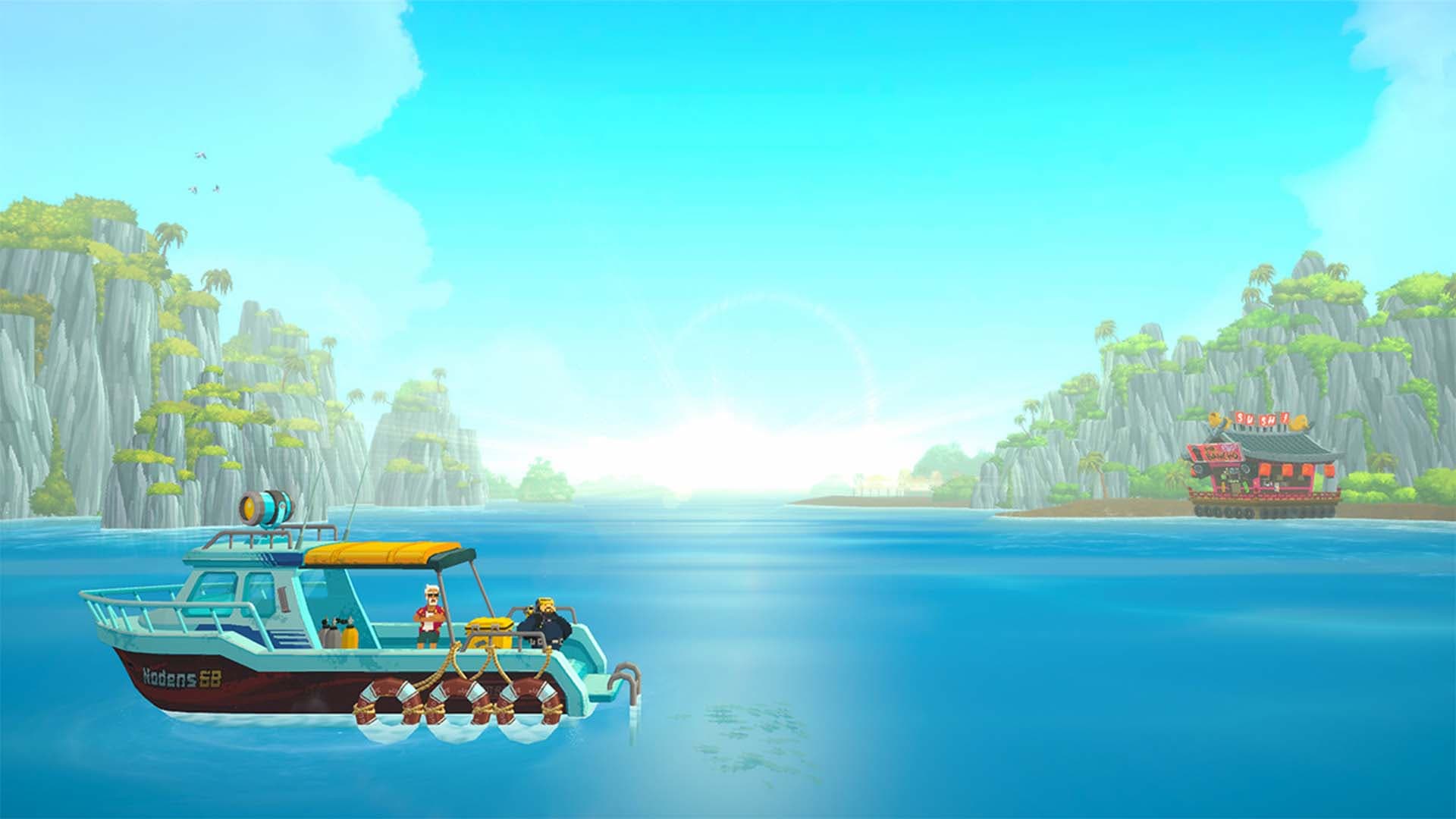
Core Game Mechanics
Dave the Diver: Complete Daily Cycle Management
Understanding the Daily Cycle
The backbone of Dave the Diver’s gameplay loop revolves around maximizing every hour of the day. Success comes from understanding not just what to do, but when to do it. This comprehensive breakdown will help you make the most of every moment.
Morning Period (6:00 – 12:00)
Early Morning (6:00 – 8:00)
The dawn period offers unique opportunities that many players overlook. During these hours:
- Fish behaviour is most predictable
- Water visibility is at its peak
- Temperature conditions are optimal
- Competition from other divers is minimal
Optimal Morning Activities:
Equipment Check (6:00-6:15)
- Inspect oxygen tanks
- Check weapon durability
- Prepare diving gear
- Review weather conditions
First Dive (6:15-7:30)
- Focus on shallow water (0-50m)
- Target breakfast menu ingredients
- Collect common fish species
- Photograph new species
Market Visit (7:30-8:00)
- Sell excess inventory
- Purchase essential supplies
- Check market prices
- Network with vendors
Mid-Morning (8:00 – 10:00)
This period is crucial for restaurant preparation:
Restaurant Prep:
- Menu planning for the day
- Staff scheduling
- Kitchen organization
- Inventory management
Diving Opportunities:
- Medium depth exploration (50-100m)
- Coral reef harvesting
- Sea plant collection
- Secondary ingredient gathering
Late Morning (10:00 – 12:00)
The final morning phase offers the best conditions for:
Advanced Diving:
- Deep-sea exploration begins
- Predator activity increases
- Rare fish species emerge
- Special mission opportunities
Restaurant Setup:
- Final menu adjustments
- Staff briefing
- Table arrangement
- Special preparation
Afternoon Period (12:00 – 17:00)
Early Afternoon (12:00 – 14:00)
Peak diving conditions present themselves:
Diving Conditions:
- Maximum visibility
- Highest fish activity
- Optimal water temperature
- Best photography lighting
Key Activities:
Deep Diving Expeditions
- Target depth: 100-200m
- Focus on rare species
- Collect valuable materials
- Complete story missions
Resource Management
- Sort morning catches
- Process ingredients
- Update inventory systems
- Plan evening menu
Mid-Afternoon (14:00 – 15:30)
Critical preparation period:
Restaurant Focus:
- Final menu updates
- Staff training sessions
- Equipment maintenance
- Special order preparation
Administrative Tasks:
- Financial review
- Marketing updates
- Customer feedback review
- Staff schedule adjustments
Late Afternoon (15:30 – 17:00)
Pre-service preparation:
Final Preparations:
- Kitchen setup
- Staff briefing
- Table arrangement
- Quality checks
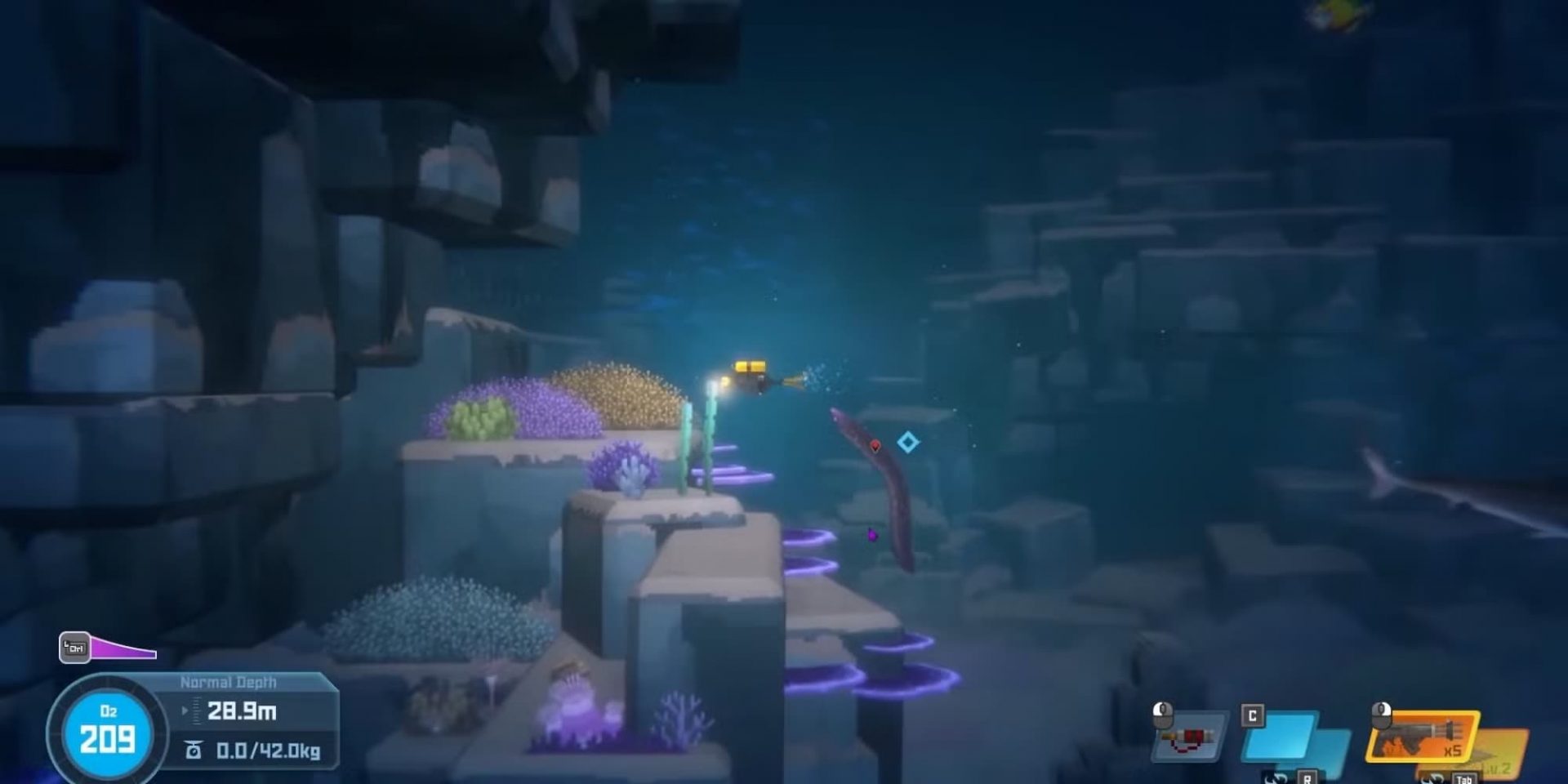
Evening Period (17:00 – 22:00)
Restaurant Service (17:00 – 22:00)
Peak business hours require careful management:
Service Management:
Early Service (17:00 – 19:00)
- Family dinner rush
- Set menu focus
- Steady pace service
- Staff energy management
Peak Hours (19:00 – 21:00)
- Maximum customer flow
- Special order management
- Staff rotation
- Quality control
Late Service (21:00 – 22:00)
- Final orders
- Inventory assessment
- Cleaning initiation
- Next day planning
Night Period (22:00 – 6:00)
Night Diving (22:00 – 1:00)
Special opportunities arise:
Nocturnal Activities:
- Rare species hunting
- Bioluminescent photography
- Special event missions
- Treasure hunting
End-of-Day Tasks (1:00 – 2:00)
Critical wrap-up period:
Administrative:
- Daily revenue calculation
- Inventory assessment
- Staff performance review
- Next day scheduling
Preparation Time (2:00 – 6:00)
Setting up for success:
Planning:
- Menu development
- Equipment maintenance
- Supply ordering
- Mission planning
Weather Effects
Weather Impact on Daily Cycle
Different weather conditions affect your schedule:
Storm Conditions:
- Reduced diving visibility
- Higher risk activities
- Modified fishing patterns
- Alternative scheduling needed
Calm Waters:
- Extended diving windows
- Better photography conditions
- Increased fish activity
- Optimal exploration time
Seasonal Variations
Season Effects
Each season brings unique opportunities:
Summer:
- Extended daylight hours
- Higher tourist traffic
- Special seasonal fish
- Unique event windows
Winter:
- Shortened diving windows
- Rare species appearances
- Modified customer patterns
- Special menu requirements
Time Management Tips
Efficiency Maximisation
Key strategies for optimal time usage:
Priority Planning:
- Essential tasks first
- Flexible scheduling
- Emergency time buffers
- Regular review periods
Energy Management:
- Strategic rest periods
- Activity rotation
- Staff energy monitoring
- Equipment optimization
Resource Allocation:
- Opportunity cost evaluation
- Time-sensitive tasks
- Value-based prioritisation
- Risk assessment

Dave the Diver: In-depth Restaurant Systems
Restaurant Fundamentals
Core Management Systems
Understanding your restaurant’s key systems is crucial for success. The Blue Hole Sushi Restaurant operates on four fundamental pillars:
- Kitchen Operations
- Customer Service
- Menu Engineering
- Staff Management
Kitchen Operations
Kitchen Layout Optimization
Your kitchen’s efficiency directly impacts service speed and quality.
Essential Zones:
Preparation Area
- Sushi rice station
- Fish cutting block
- Vegetable prep zone
- Garnish station
Cooking Stations
- Hot food section
- Grilling area
- Soup station
- Tempura zone
Assembly Area
- Sushi rolling space
- Plating station
- Garnish finishing
- Quality check point
Equipment Management
Maintain and upgrade your kitchen equipment strategically:
Priority Upgrades:
Rice Cookers
- Basic (¥5,000): 20 portions/hour
- Advanced (¥15,000): 40 portions/hour
- Professional (¥30,000): 60 portions/hour
- Industrial (¥50,000): 100 portions/hour
Refrigeration Units
- Standard (¥10,000): 50 ingredient capacity
- Large (¥25,000): 100 ingredient capacity
- Commercial (¥40,000): 200 ingredient capacity
- Walk-in (¥75,000): 500 ingredient capacity
Preparation Surfaces
- Basic Counter (¥3,000): 2 prep stations
- Extended Counter (¥8,000): 4 prep stations
- Professional Suite (¥20,000): 6 prep stations
- Master Kitchen (¥45,000): 8 prep stations
Customer Service
Seating Management
Optimise your restaurant’s layout for maximum efficiency:
Table Configurations:
- 2-seat tables: Best for quick turnover
- 4-seat tables: Ideal for families
- 6-seat tables: Perfect for groups
- Bar seating: Optimal for solo diners
Seating Strategy:
Peak Hours
- Maintain 70% capacity for walk-ins
- Reserve 30% for special bookings
- Quick turnover focus
- Flexible arrangement options
Off-Peak Hours
- Reduce active seating areas
- Concentrate customers for efficiency
- Maintain ambiance with strategic seating
- Enable staff breaks
Customer Satisfaction Metrics
Monitor these key performance indicators:
Core Metrics:
Wait Times
- Optimal: Under 5 minutes
- Acceptable: 5-10 minutes
- Critical: Over 10 minutes
- Emergency response needed: Over 15 minutes
Food Quality
- Presentation: 30% of score
- Temperature: 25% of score
- Taste: 35% of score
- Portion size: 10% of score
Service Speed
- Order taking: 2-3 minutes
- Drink service: 3-5 minutes
- Appetizers: 5-8 minutes
- Main courses: 10-15 minutes
Menu Engineering
Menu Design Principles
Create an effective menu that maximises profits while ensuring customer satisfaction:
Menu Categories:
Starters
- Miso Soup (¥300)
- Edamame (¥250)
- Seaweed Salad (¥400)
- Tempura (¥600)
Signature Rolls
- Blue Hole Special (¥1,200)
- Deep Sea Delight (¥1,500)
- Diver’s Choice (¥1,800)
- Chef’s Creation (¥2,000)
Sashimi Selections
- Standard Plate (¥1,000)
- Deluxe Selection (¥1,800)
- Premium Choice (¥2,500)
- Ultimate Experience (¥3,500)
Pricing Strategy
Profit Margin Guidelines:
- Low-cost items: 70-80% margin
- Mid-range dishes: 65-75% margin
- Premium offerings: 60-70% margin
- Signature dishes: 55-65% margin
Seasonal Adjustments:
Peak Season
- Increase prices by 10-15%
- Add premium ingredients
- Create special editions
- Implement set menus
Off-Season
- Offer value meals
- Create lunch specials
- Bundle promotions
- Happy hour discounts
Staff Management
Hiring System
Build an effective team through strategic hiring:
Essential Positions:
Chefs
- Junior (¥1,000/hour)
- Senior (¥1,500/hour)
- Master (¥2,000/hour)
- Executive (¥3,000/hour)
Servers
- Trainee (¥800/hour)
- Regular (¥1,000/hour)
- Senior (¥1,300/hour)
- Head Server (¥1,600/hour)
Support Staff
- Dishwasher (¥700/hour)
- Prep Cook (¥800/hour)
- Host/Hostess (¥900/hour)
- Maintenance (¥1,000/hour)
Training Programs
Skill Development:
Basic Training
- Customer service basics
- Menu knowledge
- Safety procedures
- Basic food handling
Advanced Training
- Wine pairing
- Advanced food knowledge
- Customer conflict resolution
- Leadership skills
Specialisation
- Sushi preparation
- Premium service
- Event management
- Team leadership
Special Events
Event Management
Maximise profit through special occasions:
Event Types:
Private Parties
- Booking requirements
- Special menus
- Staff allocation
- Setup procedures
Seasonal Festivals
- Theme integration
- Limited time offers
- Marketing strategy
- Staff preparation
Corporate Events
- Custom packages
- Business pricing
- Service standards
- Follow-up procedures
Financial Management
Daily Operations
Track and optimise your financial performance:
Key Metrics:
Daily Revenue Targets
- Weekday: ¥100,000
- Weekend: ¥150,000
- Special events: ¥200,000
- Festival days: ¥250,000
Cost Control
- Food cost: 25-30%
- Labor cost: 25-30%
- Utilities: 5-10%
- Marketing: 3-5%
Profit Optimisation
- Inventory management
- Menu analysis
- Staff efficiency
- Equipment maintenance
End Game Content
Legendary Fish Guide
The most elusive creatures require specific conditions and strategies to capture:
The Ancient One
- Location: Deep Trench
- Depth: 280m
- Time: Midnight
- Required Equipment: Master Suit, Legendary Harpoon
- Strategy: Approach from below, use blue lures
Ghost of the Blue Hole
- Location: Coral Caves
- Depth: 150m
- Time: Dawn
- Special Conditions: New Moon
- Strategy: Silent approach, no lights
Dave the Diver: Detailed Diving Mechanics
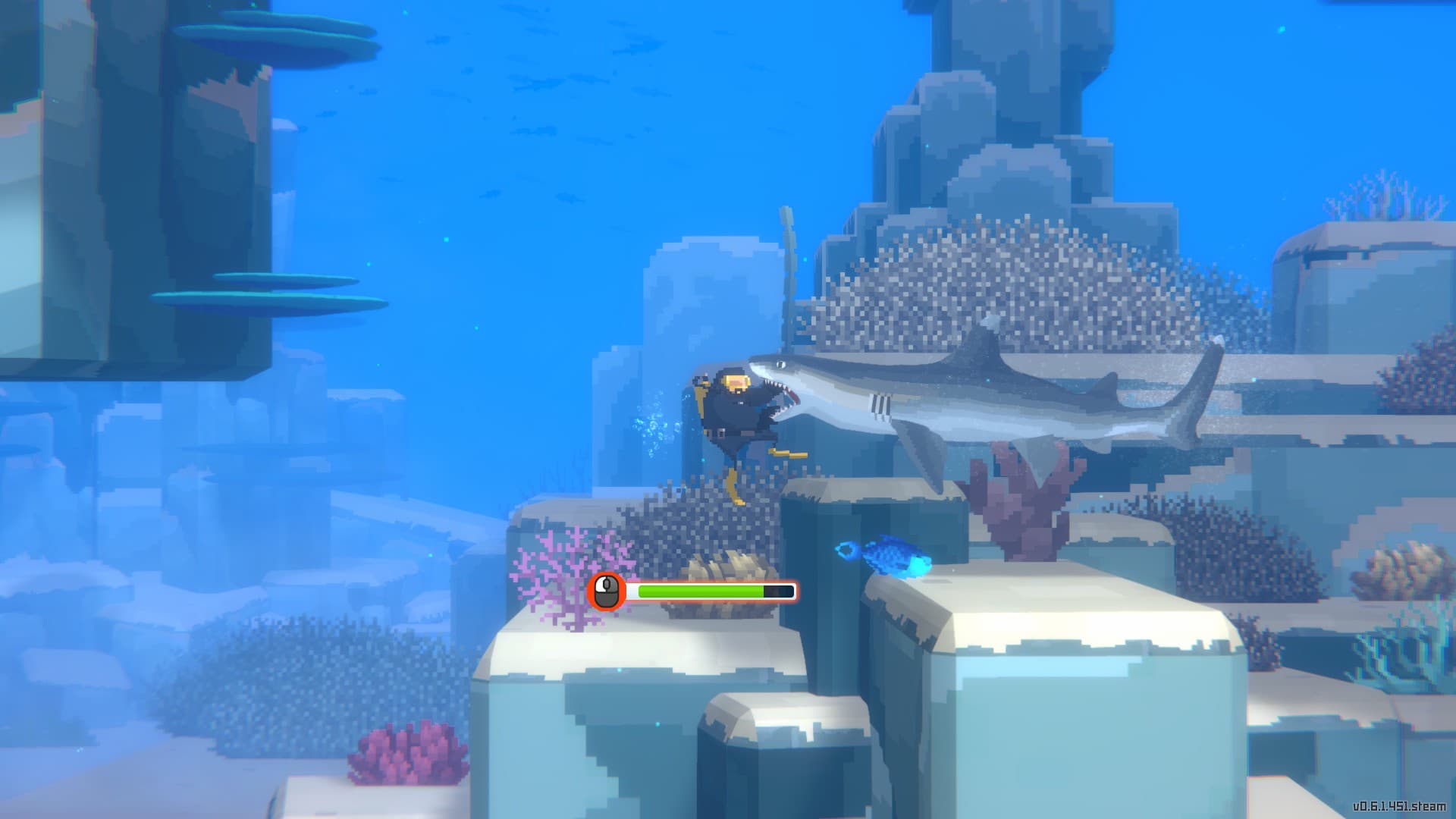
Core Diving Systems
The heart of Dave the Diver lies in its intricate underwater exploration mechanics. Mastering these systems is paramount to your success whilst managing the Blue Hole’s ecosystem.
Basic Movement Controls
Essential Movements:
Swimming Mechanics
- Gentle movements preserve oxygen
- Quick bursts for emergency escapes
- Controlled descent saves air
- Strategic ascent prevents fatigue
Oxygen Management
- Standard consumption: 1 unit/3 seconds
- Rapid swimming: 2 units/second
- Struggling: 3 units/second
- Resting: 0.5 units/3 seconds
Advanced Techniques
Professional Manoeuvres:
Stealth Swimming
- Reduces creature alertness by 75%
- Minimal oxygen consumption
- Perfect for photography
- Essential for rare species
Quick-Turn Technique
- 180-degree instant turn
- Useful for predator evasion
- Helps with quick catches
- Minimal oxygen usage
Equipment Mastery
Diving Gear Progression
Wetsuit Classifications:
Beginner Suit (£500)
- Depth limit: 50m
- Oxygen capacity: 100 units
- Temperature resistance: 5°C
- Movement speed: Standard
Advanced Suit (£2,000)
- Depth limit: 100m
- Oxygen capacity: 150 units
- Temperature resistance: 0°C
- Movement speed: +10%
Professional Suit (£5,000)
- Depth limit: 200m
- Oxygen capacity: 200 units
- Temperature resistance: -5°C
- Movement speed: +20%
Master Suit (£10,000)
- Depth limit: 300m
- Oxygen capacity: 250 units
- Temperature resistance: -10°C
- Movement speed: +30%
Weapon Systems
Hunting Equipment:
Basic Speargun (£300)
- Damage: 25
- Range: 10m
- Reload time: 2s
- Durability: 50 shots
Electric Speargun (£1,500)
- Damage: 40
- Range: 15m
- Reload time: 1.5s
- Durability: 75 shots
Harpoon Launcher (£3,000)
- Damage: 60
- Range: 20m
- Reload time: 1s
- Durability: 100 shots
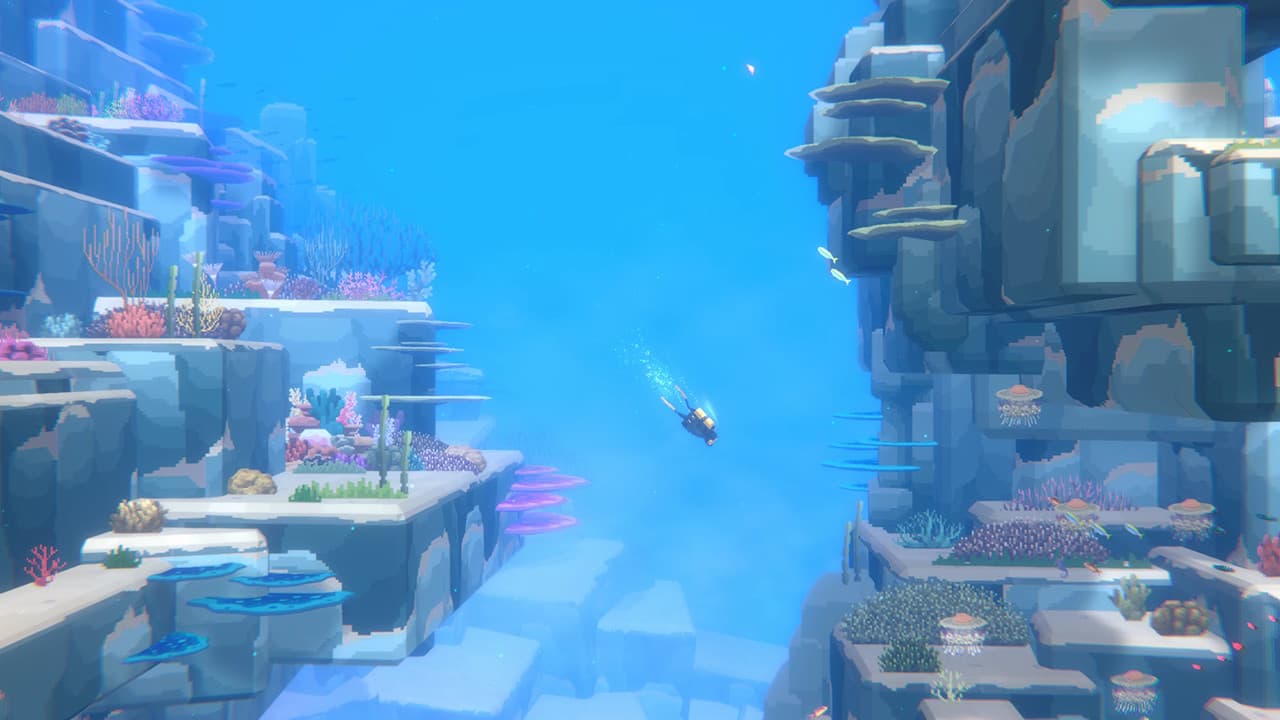
Depth Mechanics
Pressure Management
Depth Effects:
0-50m (Safe Zone)
- Standard oxygen consumption
- Normal movement speed
- Full visibility
- No pressure damage
50-100m (Caution Zone)
- +25% oxygen consumption
- -10% movement speed
- Reduced visibility
- Minor pressure effects
100-200m (Danger Zone)
- +50% oxygen consumption
- -25% movement speed
- Limited visibility
- Moderate pressure damage
200-300m (Extreme Zone)
- +100% oxygen consumption
- -50% movement speed
- Minimal visibility
- Severe pressure risks
Temperature Management
Thermal Layers:
Surface Layer (0-25m)
- Temperature: 20-25°C
- Standard suit sufficient
- Abundant life
- Clear visibility
Thermocline (25-100m)
- Temperature: 10-15°C
- Thermal protection needed
- Diverse ecosystem
- Variable visibility
Deep Layer (100m+)
- Temperature: 0-5°C
- Advanced suit required
- Rare species
- Limited visibility

Marine Life Interaction
Creature Behaviour
Fish Categories:
Peaceful Species
- Predictable movement
- Easy to approach
- Group behaviour
- Minimal threat
Cautious Species
- Escape when threatened
- Require stealth
- Valuable for restaurant
- Special catching techniques
Aggressive Species
- Territory defence
- Attack patterns
- Damage potential
- Evasion strategies
Photography System
Camera Techniques:
Basic Shots
- Subject centred
- Proper lighting
- Stable position
- Clear background
Advanced Photography
- Action shots
- Behaviour documentation
- Rare species catalogue
- Environmental studies
Resource Collection
Gathering Techniques
Collection Methods:
Hand Gathering
- Coral specimens
- Sea plants
- Shells
- Small creatures
Tool Usage
- Cutting tools
- Collection nets
- Storage containers
- Special equipment
Advanced Collection
- Deep-sea minerals
- Rare materials
- Ancient artifacts
- Scientific specimens
Storage Management
Inventory Systems:
Basic Storage
- 20 item slots
- Weight limits
- Preservation time
- Organisation options
Advanced Storage
- 40 item slots
- Increased weight capacity
- Extended preservation
- Quick-sort features
Environmental Hazards
Natural Dangers
Hazard Types:
Currents
- Strength levels
- Direction patterns
- Seasonal changes
- Navigation techniques
Cave Systems
- Navigation hazards
- Air pocket locations
- Emergency exits
- Resource spots
Toxic Areas
- Safe passages
- Damage zones
- Protection requirements
- Warning signs
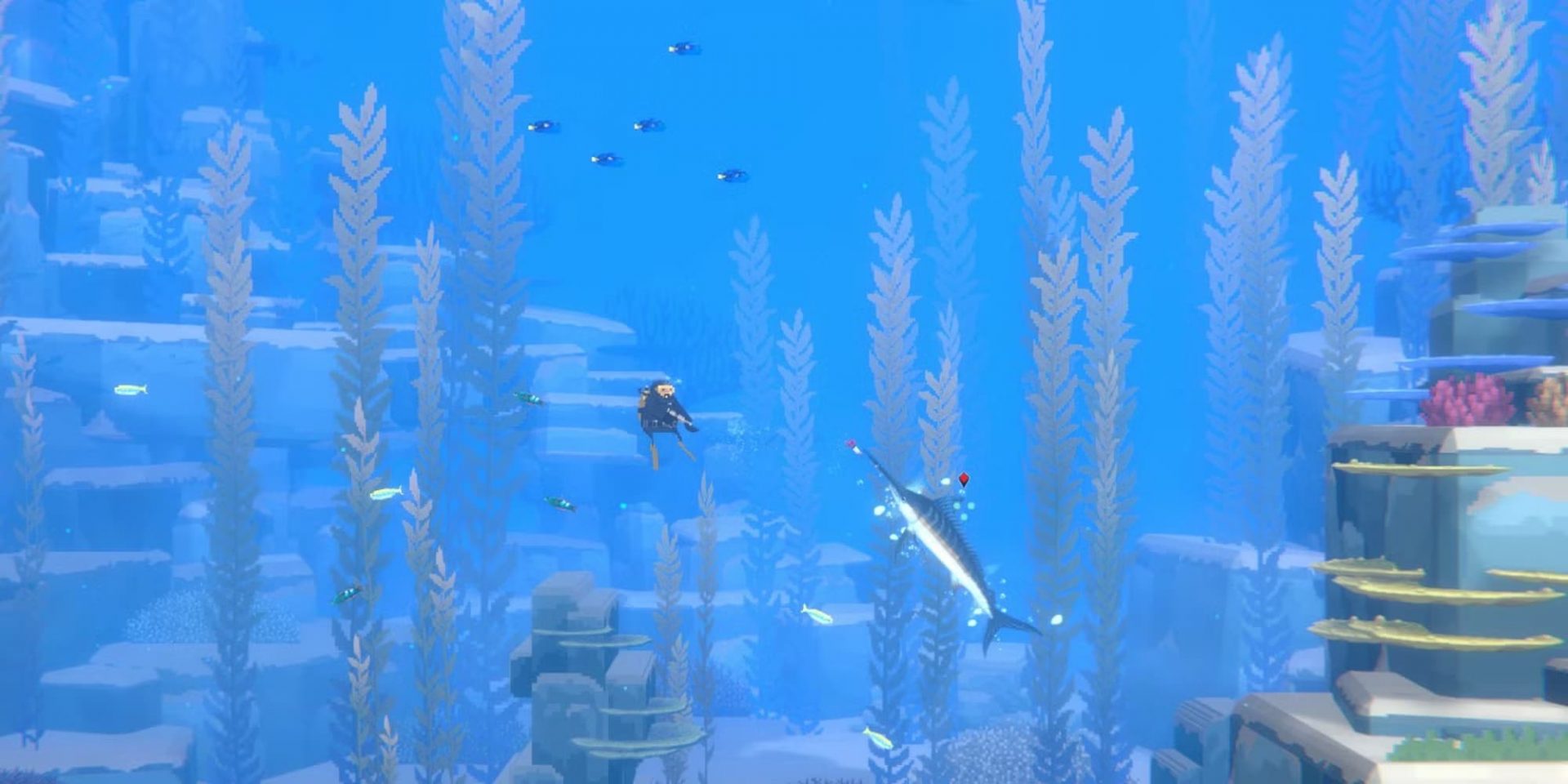
Dave the Diver: Locations & Exploration
The Blue Hole Overview
The Blue Hole isn’t merely a single diving spot, but rather a complex ecosystem divided into distinct zones, each offering unique challenges and rewards. Understanding these areas is crucial for both your diving operation and restaurant management.
Surface Zone (0-25m)
Characteristics:
- Water temperature: 22-25°C
- Excellent visibility
- Abundant common species
- Perfect for beginners
Notable Locations:
Coral Gardens
- Rich in ornamental fish
- Colourful photo opportunities
- Common species include:
- Yellow Tang (£25/kg)
- Clownfish (£35/kg)
- Blue Damselfish (£20/kg)
- Butterfly Fish (£30/kg)
Seaweed Forest
- Essential cooking ingredients
- High oxygen concentration
- Key resources:
- Green Seaweed (£10/bundle)
- Red Algae (£15/bundle)
- Sea Grapes (£25/bundle)
- Kelp Shoots (£20/bundle)
Mid-Water Zone (25-100m)
Environment Details:
- Water temperature: 15-20°C
- Moderate visibility
- Diverse marine life
- Intermediate difficulty
Key Areas:
Ancient Ruins
- Historical artifacts
- Hidden treasures
- Special missions
- Unique photo opportunities
Shipwreck Valley
- Multiple vessels to explore:
- Merchant Vessel “Marie”
- Fishing Boat “Lucky Star”
- Naval Destroyer “HMS Victory”
- Cargo Ship “Eastern Promise”
- Common findings:
- Antique coins (£100-500)
- Ship’s instruments (£200-1000)
- Preserved cargo (£150-750)
- Naval memorabilia (£300-1500)
Deep Water Zone (100-200m)
Environmental Conditions:
- Water temperature: 8-12°C
- Limited visibility
- Rare species habitat
- Advanced diving required
Notable Regions:
Abyssal Caves
- Rare mineral deposits
- Exotic fish species
- Archaeological sites
- Dangerous predators
Thermal Vents
- Unique ecosystem
- Special equipment needed
- Valuable resources:
- Thermal crystals (£500/unit)
- Rare bacteria samples (£750/unit)
- Mineral deposits (£1000/unit)
- Heat-resistant specimens (£1500/unit)
Extreme Depths (200-300m)
Challenging Conditions:
- Water temperature: 4-6°C
- Minimal visibility
- Legendary creatures
- Expert-level diving
Specialist Zones:
The Trench
- Legendary fish habitat
- Ancient fossils
- Mysterious phenomena
- Extreme pressure conditions
Crystal Caverns
- Bioluminescent life
- Precious gems
- Unique photography
- Special equipment required
Seasonal Variations
Summer Season
Environmental Changes:
Surface Waters
- Temperature increase (+5°C)
- Improved visibility
- Migratory species
- Tourist activities
Deep Waters
- Thermal current changes
- New species appearances
- Modified diving conditions
- Special events
Winter Season
Seasonal Effects:
Surface Conditions
- Temperature decrease (-5°C)
- Reduced visibility
- Unique species migration
- Modified diving patterns
Deep Water Impact
- Stronger currents
- Rare species emergence
- Changed fish behaviours
- Special winter missions
Special Locations
Event Areas
Time-Limited Zones:
Festival Grounds
- Seasonal celebrations
- Special missions
- Unique rewards
- Limited-time species
Competition Zones
- Timed challenges
- Skill tests
- Reward ceremonies
- Special equipment trials
Secret Locations
Hidden Areas:
Mystery Cave
- Required conditions:
- Full moon
- Special equipment
- Specific time
- Rare key items
Ancient Temple
- Access requirements:
- Collected artifacts
- Solved puzzles
- Special permissions
- Advanced diving gear
Navigation Systems
Mapping Tools
Essential Equipment:
Basic Sonar
- Range: 100m
- Basic fish detection
- Simple terrain mapping
- Depth readings
Advanced Radar
- Range: 250m
- Species identification
- Detailed topography
- Temperature readings
Professional Scanner
- Range: 500m
- Complete analysis
- 3D mapping
- Environmental data
Location Markers
Marking System:
Resource Points
- Fishing spots
- Mineral deposits
- Plant locations
- Photo opportunities
Safety Markers
- Emergency exits
- Air pockets
- Safe zones
- Equipment stations
Exploration Tips
Safety Guidelines
Essential Practices:
Pre-Dive Planning
- Equipment check
- Weather assessment
- Route planning
- Emergency procedures
During Dive
- Regular pressure checks
- Oxygen monitoring
- Direction tracking
- Communication schedule
Resource Management
Efficiency Tips:
Time Management
- Priority targets
- Route optimisation
- Energy conservation
- Emergency reserves
Inventory Planning
- Special tools
- Essential equipment
- Collection containers
- Emergency supplies

Dave the Diver: Equipment & Upgrades
Essential Equipment Systems
Understanding your gear is paramount to success in the Blue Hole. Each piece of equipment serves a unique purpose and can be upgraded to enhance your diving and fishing capabilities.
Primary Equipment Categories
- Diving Gear
- Fishing Equipment
- Photography Kit
- Support Tools
- Special Equipment
Diving Equipment
Wetsuits
Standard Range:
Beginner’s Suit (£500)
- Depth rating: 50m
- Insulation: 5°C
- Movement: Standard
- Durability: 100 dives Upgrade Materials:
- Basic fabric (£100)
- Rubber seals (£50)
- Standard zips (£25)
Advanced Suit (£2,000)
- Depth rating: 100m
- Insulation: 0°C
- Movement: +15%
- Durability: 200 dives Upgrade Materials:
- Reinforced fabric (£250)
- Heavy-duty seals (£150)
- Pressure-rated zips (£100)
Professional Suit (£5,000)
- Depth rating: 200m
- Insulation: -5°C
- Movement: +30%
- Durability: 300 dives Upgrade Materials:
- Premium fabric (£500)
- Professional seals (£300)
- Titanium zips (£250)
Oxygen Systems
Tank Classifications:
Basic Tank (£300)
- Capacity: 100 units
- Weight: Standard
- Refill cost: £50
- Durability: 50 dives
Enhanced Tank (£1,000)
- Capacity: 150 units
- Weight: -10%
- Refill cost: £75
- Durability: 100 dives
Professional Tank (£2,500)
- Capacity: 200 units
- Weight: -25%
- Refill cost: £100
- Durability: 200 dives
Fishing Equipment
Spearguns
Available Models:
Standard Speargun (£300)
- Damage: 25
- Range: 10m
- Reload: 2s
- Durability: 100 shots Upgrade Options:
- Reinforced barrel (£100)
- Quick-load mechanism (£150)
- Enhanced sights (£75)
Professional Speargun (£1,500)
- Damage: 40
- Range: 15m
- Reload: 1.5s
- Durability: 200 shots Upgrade Options:
- Carbon fibre barrel (£300)
- Advanced loading system (£250)
- Laser sights (£200)
Master Speargun (£3,000)
- Damage: 60
- Range: 20m
- Reload: 1s
- Durability: 300 shots Upgrade Options:
- Titanium barrel (£500)
- Automatic loader (£400)
- Smart targeting (£300)
Nets and Traps
Collection Tools:
Basic Net (£200)
- Capacity: 5 fish
- Durability: 20 uses
- Success rate: 60%
- Range: 5m
Advanced Net (£600)
- Capacity: 10 fish
- Durability: 40 uses
- Success rate: 75%
- Range: 8m
Professional Net (£1,200)
- Capacity: 15 fish
- Durability: 60 uses
- Success rate: 90%
- Range: 12m
Photography Equipment
Cameras
Available Models:
Basic Camera (£500)
- Resolution: Standard
- Flash range: 5m
- Battery life: 50 shots
- Storage: 100 photos Upgrades Available:
- Enhanced lens (£200)
- Better flash (£150)
- Extended battery (£100)
Professional Camera (£2,000)
- Resolution: High
- Flash range: 10m
- Battery life: 100 shots
- Storage: 250 photos Upgrades Available:
- Premium lens (£400)
- Professional flash (£300)
- Extended battery pack (£250)
Master Camera (£5,000)
- Resolution: Ultra
- Flash range: 15m
- Battery life: 200 shots
- Storage: 500 photos Upgrades Available:
- Specialist lens (£800)
- Advanced flash system (£600)
- Professional battery pack (£500)
Support Tools
Navigation Equipment
Essential Tools:
Basic Compass (£100)
- Direction accuracy: ±5°
- Depth gauge: Yes
- Temperature reading: No
- Durability: Standard
Advanced Navigator (£500)
- Direction accuracy: ±2°
- Depth gauge: Digital
- Temperature reading: Yes
- Durability: Enhanced
Professional GPS (£1,500)
- Direction accuracy: ±1°
- Depth gauge: Premium
- Temperature reading: Digital
- Durability: Professional
Storage Systems
Carrying Equipment:
Basic Bag (£200)
- Capacity: 20 items
- Weight reduction: 10%
- Organised sections: 2
- Durability: Standard
Advanced Pack (£800)
- Capacity: 35 items
- Weight reduction: 25%
- Organised sections: 4
- Durability: Enhanced
Professional Storage (£2,000)
- Capacity: 50 items
- Weight reduction: 40%
- Organised sections: 6
- Durability: Professional
Special Equipment
Research Tools
Scientific Gear:
Sample Collectors (£300)
- Capacity: 5 samples
- Preservation: 24 hours
- Analysis: Basic
- Durability: Standard
Research Kit (£1,000)
- Capacity: 10 samples
- Preservation: 72 hours
- Analysis: Advanced
- Durability: Enhanced
Laboratory Set (£3,000)
- Capacity: 20 samples
- Preservation: 1 week
- Analysis: Professional
- Durability: Premium
Emergency Equipment
Safety Gear:
Basic Safety Kit (£200)
- First aid supplies
- Emergency flares
- Backup oxygen
- Basic tools
Advanced Safety Pack (£600)
- Enhanced medical kit
- Digital signalling
- Emergency tank
- Professional tools
Professional Safety System (£1,500)
- Master toolkit
- Complete medical suite
- Satellite beacon
- Backup systems
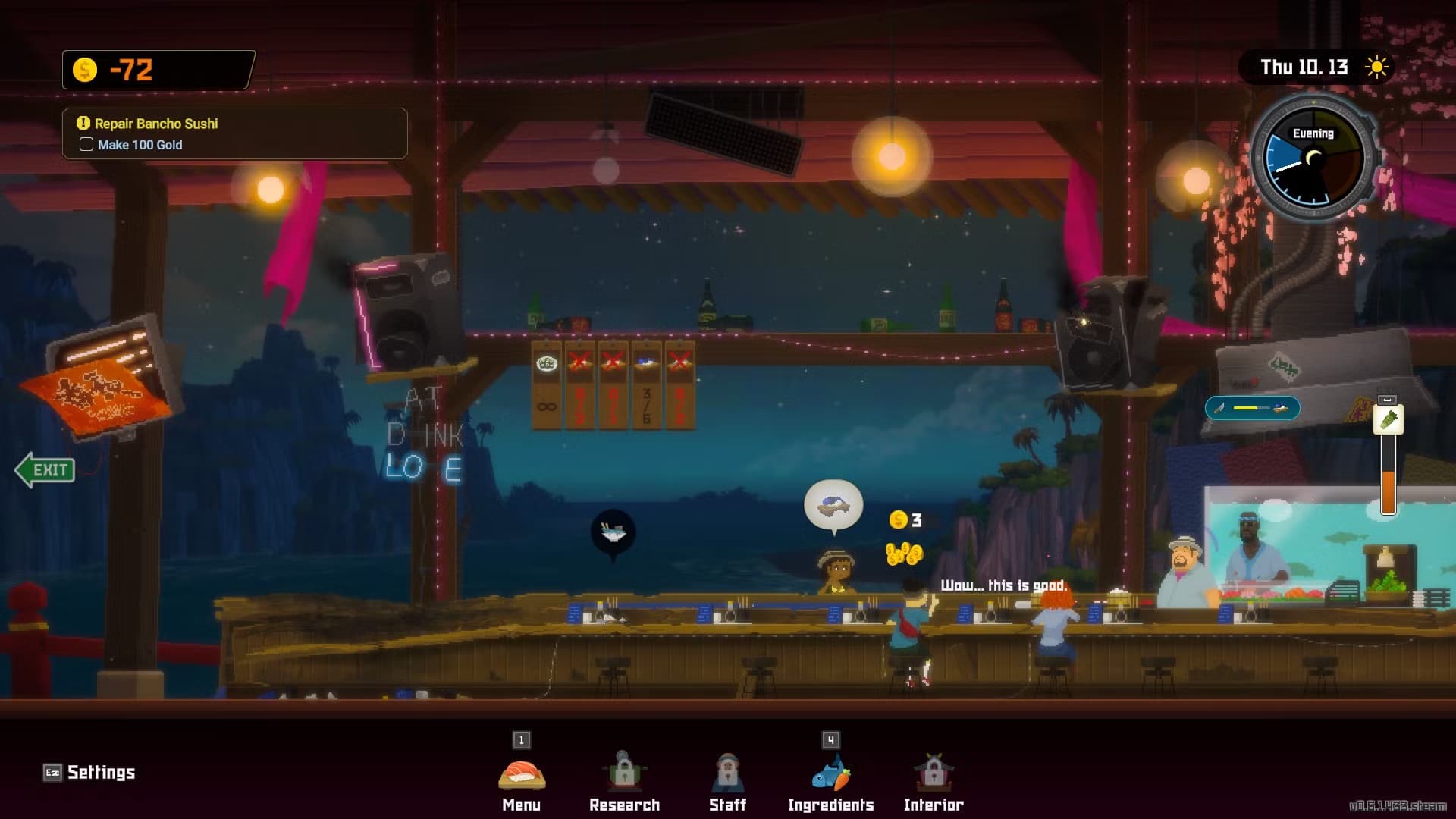
Dave the Diver: Recipes & Ingredients
Core Recipe System
Success in your sushi restaurant relies heavily on understanding ingredients, their combinations, and customer preferences. This comprehensive guide covers everything from basic rolls to master-level dishes.
Basic Ingredients
Fish Classifications
Common Fish:
Tuna Varieties
- Yellowfin (£25/kg)
- Best for: Basic rolls
- Freshness: 48 hours
- Profit margin: 65%
- Customer rating: ★★★☆☆
- Bluefin (£75/kg)
- Best for: Premium sashimi
- Freshness: 36 hours
- Profit margin: 85%
- Customer rating: ★★★★☆
- Albacore (£40/kg)
- Best for: Grilled dishes
- Freshness: 48 hours
- Profit margin: 70%
- Customer rating: ★★★★☆
White Fish
- Sea Bream (£30/kg)
- Best for: Light sashimi
- Freshness: 36 hours
- Profit margin: 60%
- Customer rating: ★★★☆☆
- Flounder (£35/kg)
- Best for: Tempura
- Freshness: 24 hours
- Profit margin: 55%
- Customer rating: ★★★★☆
Essential Components
Base Ingredients:
Rice
- Standard (£5/kg)
- Premium (£8/kg)
- Organic (£12/kg)
Nori
- Basic (£2/sheet)
- Premium (£4/sheet)
- Gold Grade (£6/sheet)
Vegetables
- Cucumber (£2/unit)
- Avocado (£3/unit)
- Spring Onion (£1/bunch)
Recipe Categories
Starter Dishes
Basic Menu Items:
Miso Soup
- Ingredients:
- Dashi stock
- Miso paste
- Tofu cubes
- Wakame seaweed
- Selling price: £3
- Cost: £1
- Preparation time: 3 minutes
- Customer satisfaction: ★★★★☆
Edamame
- Ingredients:
- Fresh soya beans
- Sea salt
- Optional spice blend
- Selling price: £4
- Cost: £1.50
- Preparation time: 5 minutes
- Customer satisfaction: ★★★★☆
Main Course Rolls
Classic Rolls:
California Roll
- Ingredients:
- Crab meat (£15/kg)
- Avocado
- Cucumber
- Nori
- Sushi rice
- Selling price: £8
- Cost: £3
- Preparation time: 6 minutes
- Customer satisfaction: ★★★★☆
Spicy Tuna Roll
- Ingredients:
- Fresh tuna (£25/kg)
- Spicy sauce
- Spring onion
- Nori
- Sushi rice
- Selling price: £9
- Cost: £3.50
- Preparation time: 5 minutes
- Customer satisfaction: ★★★★★
Premium Dishes
Signature Items:
Blue Hole Special
- Ingredients:
- Premium tuna (£75/kg)
- Rare caviar
- Gold-grade nori
- Special sauce
- Premium rice
- Selling price: £25
- Cost: £10
- Preparation time: 10 minutes
- Customer satisfaction: ★★★★★
Deep Sea Platter
- Ingredients:
- Assorted sashimi
- Premium garnishes
- Specialty sauces
- Rare seasonings
- Selling price: £45
- Cost: £18
- Preparation time: 15 minutes
- Customer satisfaction: ★★★★★
Seasonal Specials
Summer Menu
Hot Weather Dishes:
Tropical Roll
- Ingredients:
- Fresh mango
- Tempura prawns
- Cucumber
- Spicy sauce
- Selling price: £12
- Cost: £4.50
- Seasonal availability: June-August
- Customer satisfaction: ★★★★☆
Summer Chirashi
- Ingredients:
- Seasonal fish selection
- Fresh vegetables
- Special summer sauce
- Edible flowers
- Selling price: £18
- Cost: £7
- Seasonal availability: June-August
- Customer satisfaction: ★★★★★
Winter Menu
Cold Weather Specials:
Warm Sake Roll
- Ingredients:
- Sake-marinated fish
- Grilled components
- Warming spices
- Special sauce
- Selling price: £14
- Cost: £5.50
- Seasonal availability: December-February
- Customer satisfaction: ★★★★☆
Special Event Dishes
Festival Specials
Celebration Dishes:
Lucky Dragon Roll
- Ingredients:
- Premium fish selection
- Gold leaf
- Special decorations
- Luxury sauce
- Selling price: £30
- Cost: £12
- Available: Special events
- Customer satisfaction: ★★★★★
Secret Menu
Hidden Specialities:
Chef’s Mystery Box
- Requirements:
- Special ingredients
- Rare fish
- Unique preparation
- Custom presentation
- Selling price: £35
- Cost: £15
- Unlock conditions: Special achievements
- Customer satisfaction: ★★★★★
Recipe Development
Experimentation System
Creation Process:
Basic Development
- Try new combinations
- Test customer feedback
- Adjust pricing
- Refine presentation
Advanced Innovation
- Rare ingredient testing
- Special technique development
- Customer preference analysis
- Profit optimisation
Master Recipes
Ultimate Dishes:
Master’s Selection
- Customer satisfaction: ★★★★★
- Requires:
- Maximum cooking skill
- Rare ingredients
- Special techniques
- Perfect timing
- Selling price: £50+
- Cost: £20+
- Preparation time: 20 minutes
Now its time to move onto the Dave The Diver Game Guide Part 2 >>


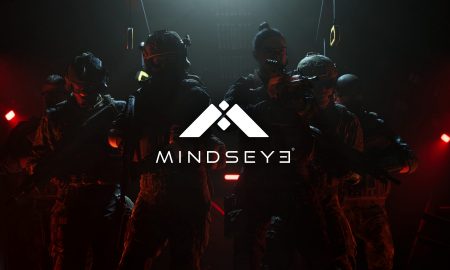










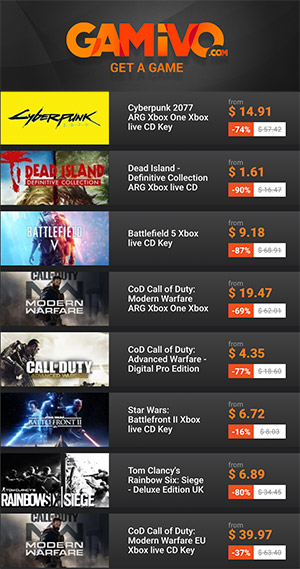




















You must be logged in to post a comment Login